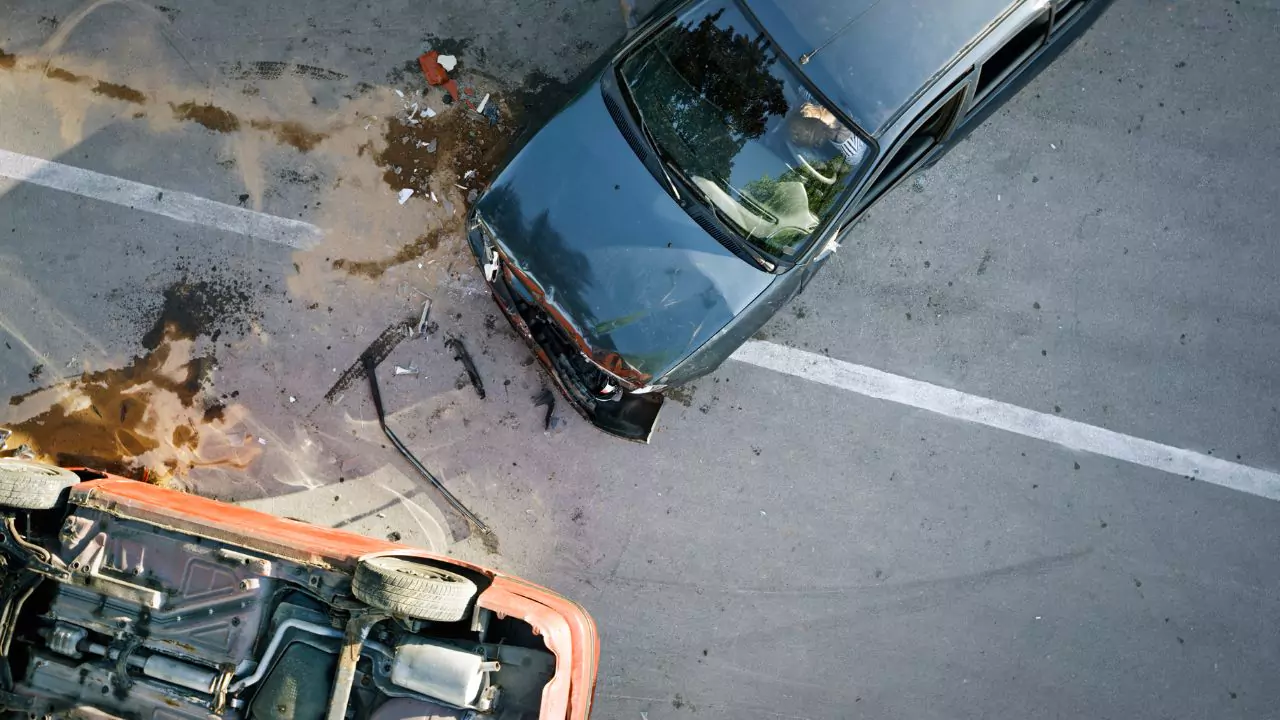Yes, health insurance can cover car accidents, but it may not be the best or only option for paying your medical bills.
Depending on your state and the type of auto insurance you have, you may also be able to use car insurance coverages like personal injury protection (PIP) or medical payments (MedPay) to cover your medical expenses after a car accident, regardless of who was at fault.
In some cases, you may also be able to recover your medical costs from the other driver’s liability insurance or your own uninsured/underinsured motorist (UM/UIM) coverage.
Are Car Accident Injuries Covered by Health Insurance?
Most health insurance plans cover medical expenses for car accident injuries. However, there are some exceptions. For example, some plans may not cover injuries that are caused by driving under the influence of alcohol or drugs. Additionally, some plans may have exclusions for certain types of treatments, such as chiropractic care or massage therapy.
Submitting Medical Bills to Auto Insurance
If you have auto insurance, you should submit your medical bills to your auto insurance company first. Your auto insurance company may have coverage for medical expenses, depending on your policy. This coverage is known as personal injury protection (PIP) or medical payments coverage (MedPay).
Understanding PIP and MedPay
PIP and MedPay are similar types of coverage, but there are some key differences. PIP is no-fault coverage, meaning that you can receive benefits for your medical expenses regardless of who was at fault for the accident. MedPay, on the other hand, is fault-based coverage, meaning that you can only receive benefits if the other driver was at fault for the accident.
Using Health Insurance without PIP or MedPay
If you don’t have PIP or MedPay, or if your PIP or MedPay benefits are not enough to cover your medical expenses, you can use your health insurance to pay for the remaining costs. However, your health insurance company may have a coordination of benefits clause, which means that they will only pay for the remaining costs after your auto insurance company has paid their fair share.
Do You Still Need PIP or MedPay with Health Insurance?
Even if you have health insurance, it is still a good idea to have PIP or MedPay coverage. This is because PIP and MedPay can help to cover out-of-pocket costs, such as copays and deductibles. Additionally, PIP and MedPay can cover lost wages and other expenses that are not covered by health insurance.
How Medical Bills are Paid after a Car Accident?
If you are injured in a car accident, there are a few different ways that your medical bills may be paid.
Recovering expenses from the at-fault driver
If the other driver was at fault for the accident, you may be able to recover your medical expenses from them. You can do this by filing a personal injury claim with the other driver’s insurance company.
Dealing With Insurance Company Delays or Claim Denials
If your insurance company is delaying your claim or denying your claim, you may need to hire an attorney to help you get the benefits that you deserve.
Seeking Legal Help after a Car Accident
If you have been injured in a car accident, it is important to seek legal help to discuss your options. An attorney can help you to understand your rights and to get the compensation that you deserve.
The Interplay Between Auto Insurance and Health Insurance for Car Accident Injuries
Who Pays First: Auto Insurance or Health Insurance?
If you have both auto insurance and health insurance, your auto insurance company will typically pay first. This is because auto insurance is the primary coverage for car accident injuries. Once your auto insurance benefits have been exhausted, your health insurance company will pay for the remaining costs.
What if You Don’t have Health Insurance?
If you don’t have health insurance, you will be responsible for paying for your medical expenses out-of-pocket. However, you may be able to qualify for financial assistance programs, such as Medicaid.
Potential Out-of-pocket Expenses
Even if you have health insurance, you may still have some out-of-pocket expenses, such as copays, deductibles, and coinsurance. Additionally, you may be responsible for paying for any medical expenses that are not covered by your health insurance plan.
Conclusion
If you are injured in a car accident, your health insurance may cover your medical expenses. However, there are some things you need to know about how health insurance works with car insurance. It is important to understand your coverage and your rights before you file a claim. If you have any questions, you should consult with an attorney.





